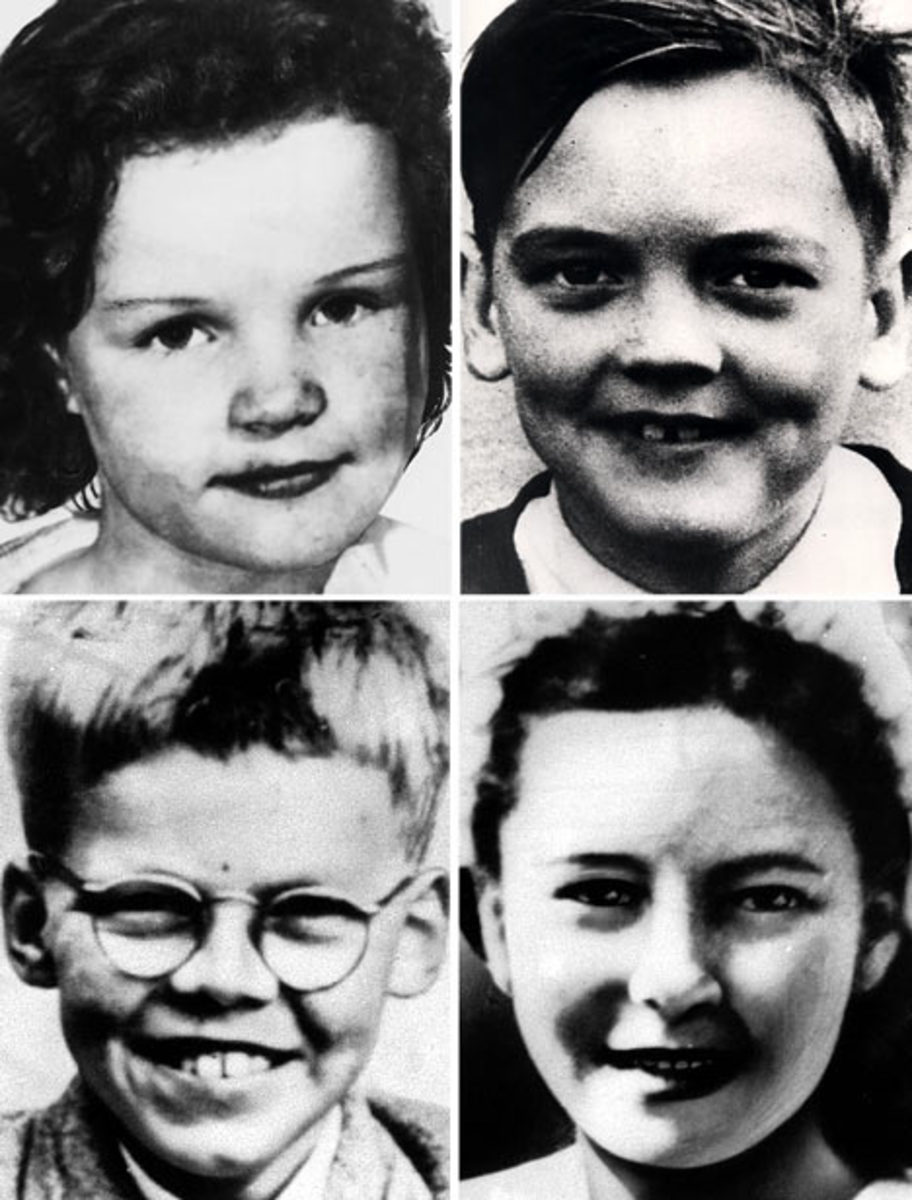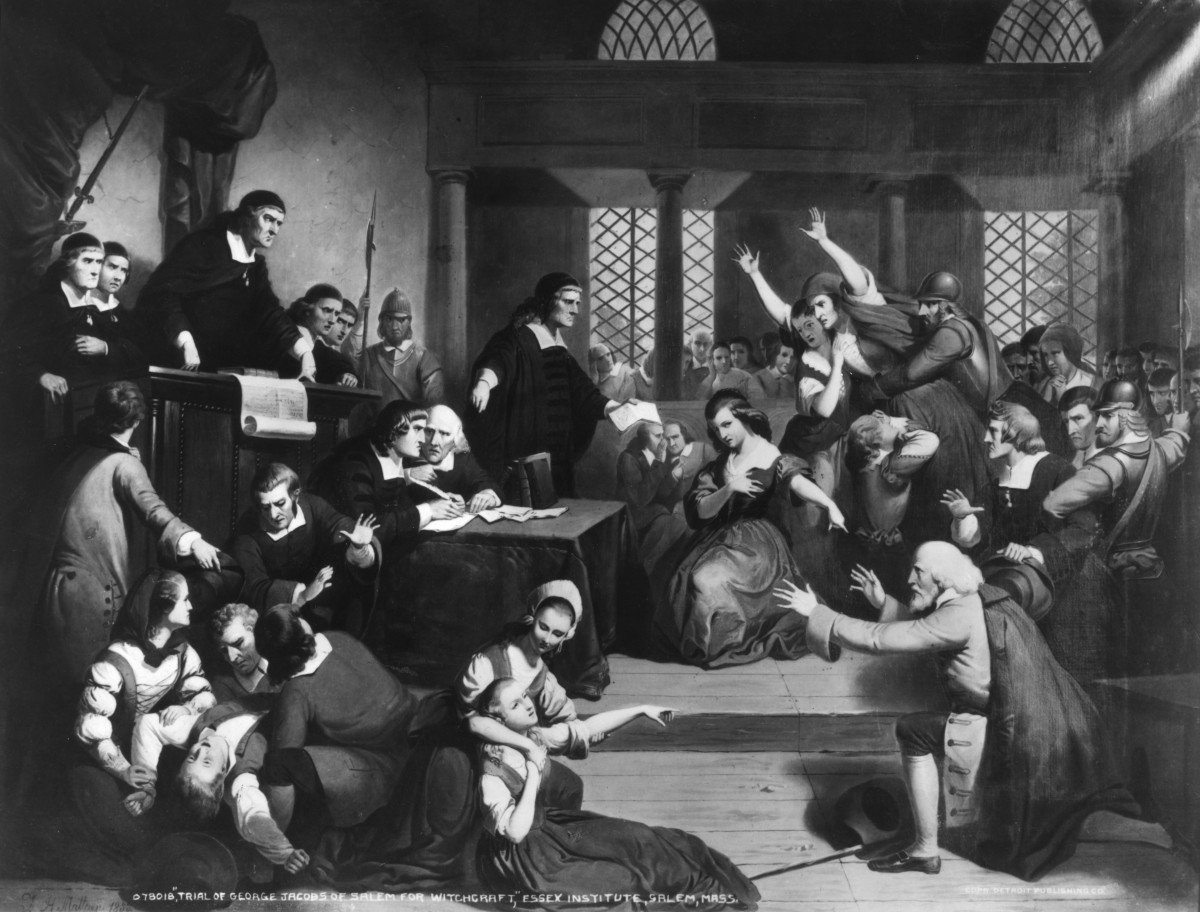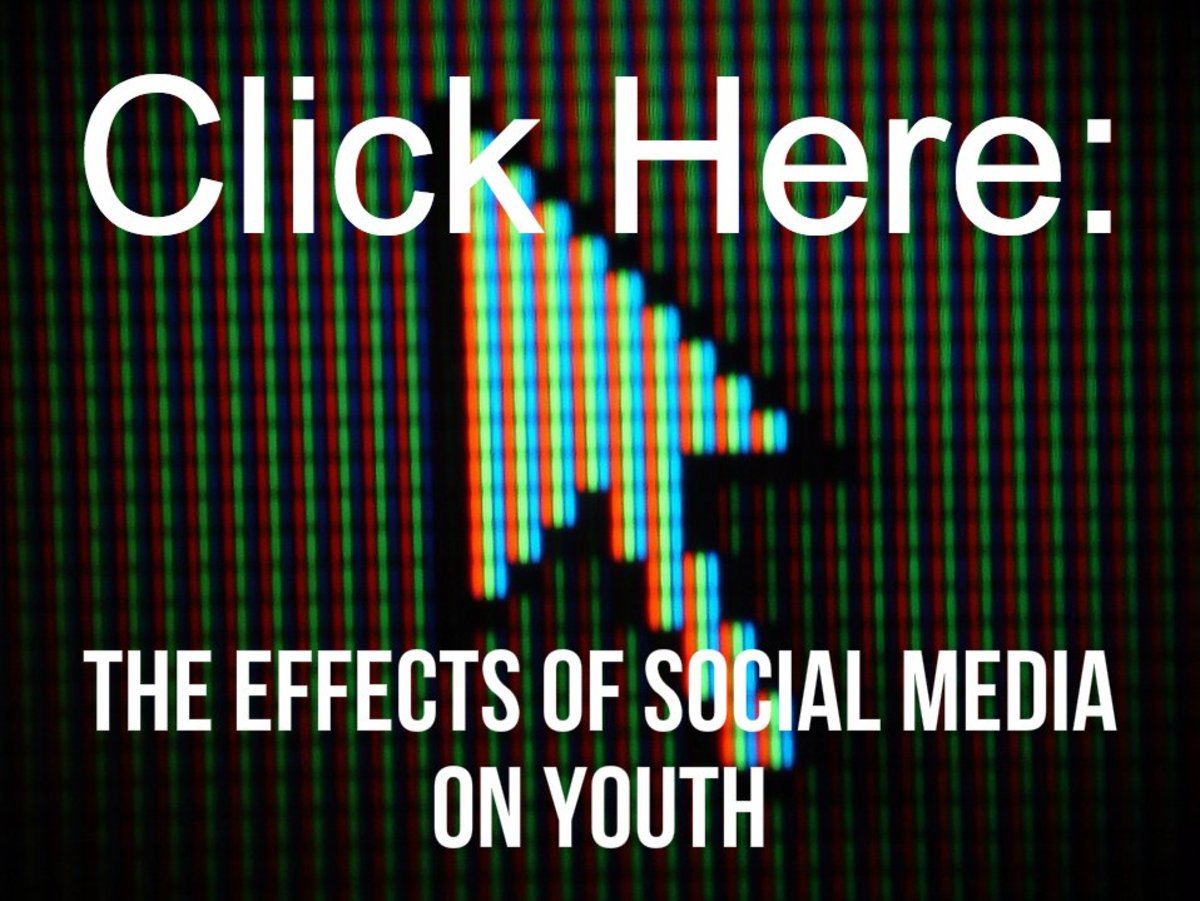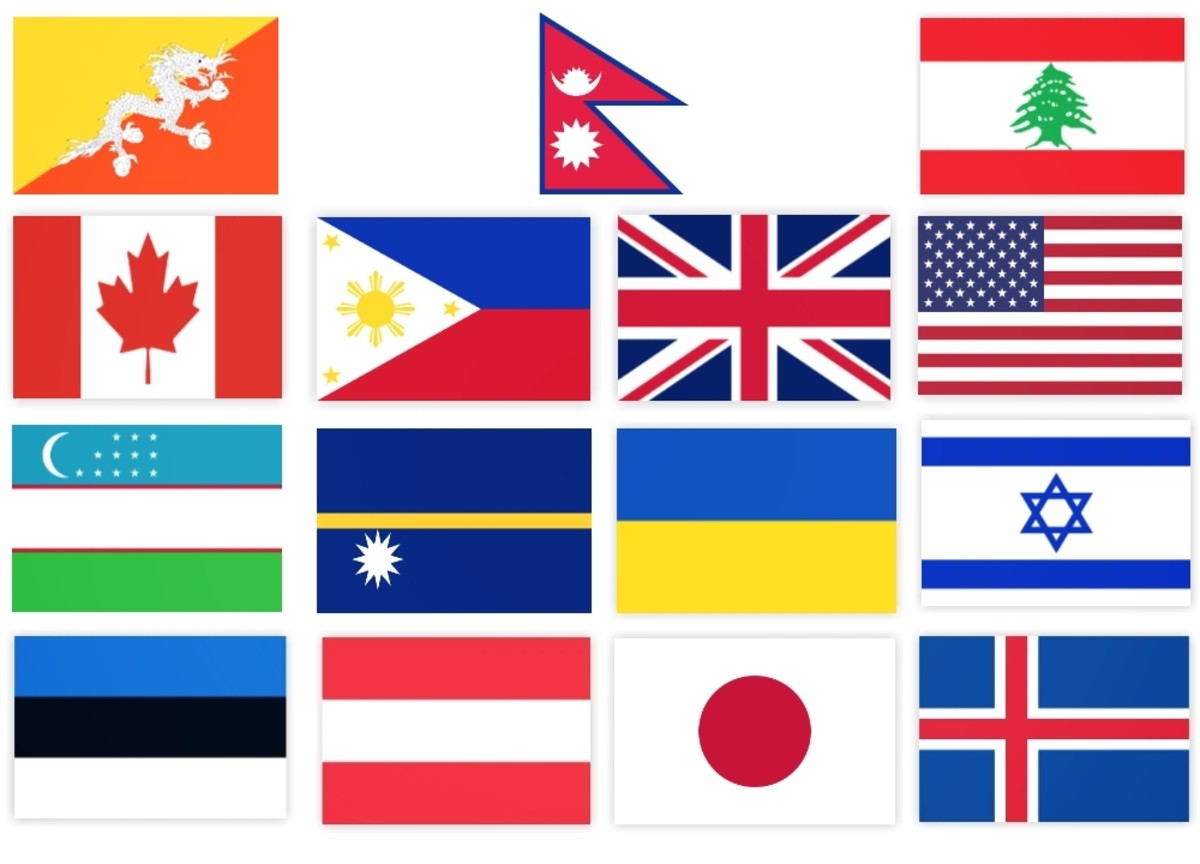Does Mass Media Make Murders Look like Easy Route to Fame?
Introduction
The media, both traditional and digital sources including weblogs, and social media play a critical role in informing societal members on various aspects that affect their lives either directly or indirectly. In essence, mass media is the main source by which individuals obtain news, get entertained, product information and recreation. The media is the main avenue by which individuals obtain information concerning events that surround their lives. However, due to the focus usually placed by mass media on murderers, many have considered it an easy route to fame for murderers.
Discussion
How Mass Media Glorifies Murderers
The media reporting of suicides in the society is rare. Sometimes back, sociologists had discovered the contagious nature of suicides and that the coverage of media on suicides aids its spread. This aspect mandated the World Health Organization, and the Center for Disease Control, as well as the Office of the Surgeon General to institute policies against idealizing or romanticizing on those who commit suicide by depicting it as a romantic or heroic act. Moreover, the media is also cautioned against portraying the explanations of the deceased on the reasons that made him or her to commit such an act. The reason that makes an individual commit suicide is regarded as being more complex that other painful events such as job loss, or relationship break up.
However, various national media relentlessly present sensational reports on mass murders. In most cases, cameramen seem to be always there to cover shootings and they may cover this event until many days later. Newspapers continue to profile the most prolific killers, putting a focus on their affectations, there craving for blood, love for guns, death weapon they use, or the psychological issues affecting them. Despite the fact that these may be natural endeavors of understanding a tragedy, it nonetheless glorifies the murderer and eventually creating copycats out of them.
Sociologist also observes that mass murder similar to suicide is contagious. In light of this, Tufekci explains that the intensity of media coverage usually given to mass killing, as well as the acute focus on the characteristics and identity of the murderer or shooter works well in glorifying the act itself. In addition, the sensational and detailed reporting of each step taken by the shooter while committing the act arguably creates a cycle of copycat impact that may be similar to that found in suicide. These aspects works well in fulfilling the dreams and hopes of the murderer.
Motivation behind Murder
Lankford, a professor at the University of Alabama explains that three aspects motivate mass murderers. The first of these is that such people have psychological issues that make them either to kill another or commit suicide. The second reason according to Lankford is a sense of victimization, and the attitude that another had ruined their own lives, who persecuted, bullied or oppressed them. The third of these aspects is that the murderers have an anticipation of achieving glory and fame through their activities and that they have an understanding how media can do that for them.
Each time a specific murderer is glorified and successfully achieves fame through his or her acts, it convinces the next murderer that a similar act will give him the unique respect and “popularity” which he would have never achieved in life without such an act.
Tufekci offers some advice for mass media on responsible reporting of mass murders. He explains that reporting of the murderer’s actions or words before, during, or prior to the killing should be avoided. Further, the killer’s name should not be relayed until they are tried. Additionally, the author warns the mass media on focusing on the events that explain the particular guns used and the quantity of gears used. These aspects, she goes on, calls for media censorship of murder events that occur on a national scope. Some of the precedents that may be used in pointing out the effectiveness of this measure is the kidnapping of Richard Engel, who was a NBC employee in Syria. The government required the media not to disclose the information of this kidnap, though it was potential newsworthy. This was a strategy of aiding the rescue efforts and negotiations. However, the writer contents that it may not be possible to routinize such kind of censorship.
Conclusion
From the argument presented in this hub it is clear that there are many murderers who are simply willing to commit murder in order to get known and become villains out of their desires of becoming heroes. This is of course with the aid of the mass media, which usually puts much focus on the criminals and every detail surrounding their lives and the act. This glorification encourages other potential criminals who usually join the league for similar purposes.








